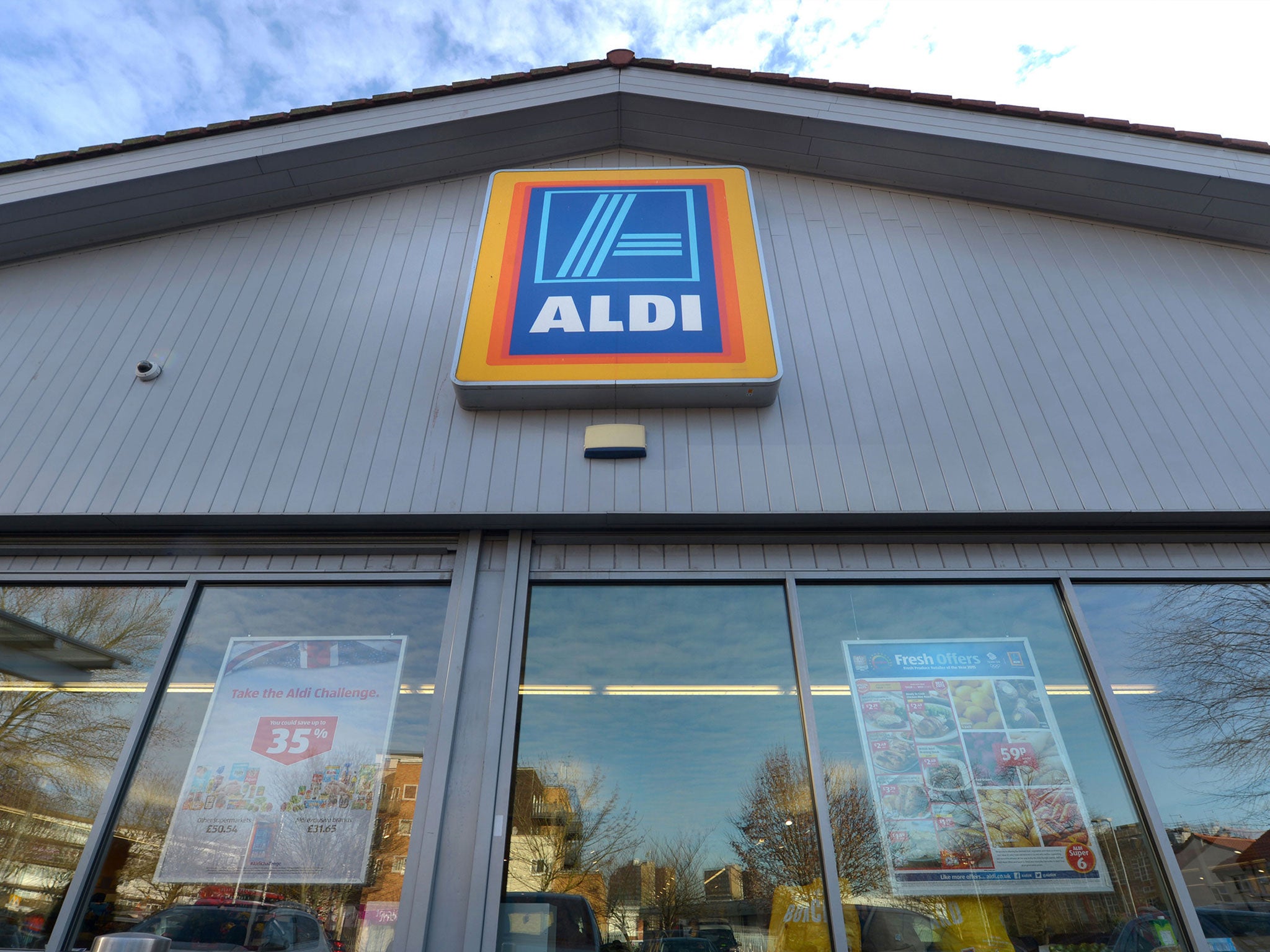Your support helps us to tell the story
From reproductive rights to climate change to Big Tech, The Independent is on the ground when the story is developing. Whether it's investigating the financials of Elon Musk's pro-Trump PAC or producing our latest documentary, 'The A Word', which shines a light on the American women fighting for reproductive rights, we know how important it is to parse out the facts from the messaging.
At such a critical moment in US history, we need reporters on the ground. Your donation allows us to keep sending journalists to speak to both sides of the story.
The Independent is trusted by Americans across the entire political spectrum. And unlike many other quality news outlets, we choose not to lock Americans out of our reporting and analysis with paywalls. We believe quality journalism should be available to everyone, paid for by those who can afford it.
Your support makes all the difference.Asda and Aldi have announced that they will restrict the sale of high-caffeine energy drinks to anyone under the age of 16 from March.
The German budget retailer on Thursday said that customers buying soft drinks containing more than 150mg of caffeine per litre will be asked to prove their age from 1 March this year, across all of its stores in the UK and Ireland.
“We are introducing this age restriction in response to growing concern about the consumption of energy drinks among young people,” said Oliver King, managing director of corporate responsibility at Aldi.
Asda said that it will introduce an age restriction on sales of 84 products from 5 March.
“We take our responsibilities as a retailer seriously and work hard to ensure we get the balance right between offering choice and doing the right thing,” said Andrew Murray, Asda’s chief customer officer.
“We have listened to our customers and want to take a leading position in this area to support parents and teachers in limiting young peoples’ access to high caffeine drinks.”
The moves follow a slew of warnings from consumer groups around the possible side-effects of high-caffeine energy drinks, especially for your people.
Earlier this week, scientists from the University of Waterloo in Ontario, Canada, said that more should be done to restrict sales of the drinks to those under the age of 16. They said that a recent study had found that 55 per cent of 12 to 24-year-olds reported negative health effects after consuming the drinks, including rapid heart rates and even seizures.
Earlier in January, Waitrose said that it was introducing a ban on high-caffeine energy drinks to anyone younger than 16, also from 5 March.
Soft drinks like as Red Bull and Monster Energy, with more than 150 mg of caffeine per litre must be labelled as ‘not recommended for children’ under EU law.
The NASUWT, of the UK’s largest teaching unions, has been particularly vocal on the matter and has pushed fiercely for a crackdown.
In December it described the drinks as a “readily available high”.
The British Soft Drinks Association found that energy drink sales shot up by 185 per cent between 2006 and 2015.

Join our commenting forum
Join thought-provoking conversations, follow other Independent readers and see their replies
Comments